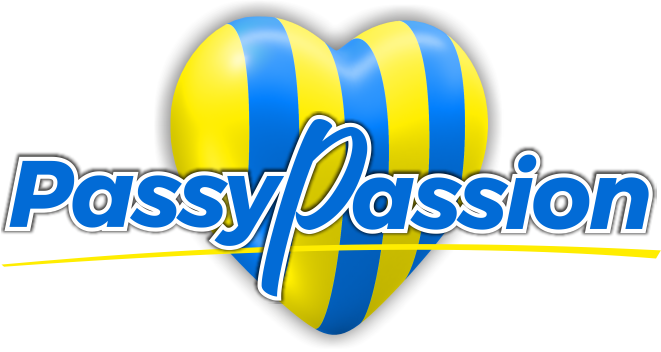how war made states and vice versa summary
Cold War Summary Notes 'WHAT' QUESTIONS What were the main problems facing the Allies when they met at Potsdam? Move-in is made even more hectic and claustrophobic due to both couples moving in on the same day, at the same time. When war is absent in the formation of states (as in the wave of decolonization that followed World War II), then states are less likely to have eliminated domestic rivals to state authority and are less likely to have strong institutions of taxation and law. understanding of the state as a relational configuration of various Faced with crippling economic sanctions imposed by the United States, the Japanese government decided in September 1941 to prepare for war to seize the raw . How war made states and vice versa (Chapter 3). states, cities, and tribal chiefdoms of the early middle ages to the national The uneasy alliance between the United States, Great Britain, and the Soviet Union that defeated Nazi Germany began to unravel after World War II, giving rise to an ongoing political rivalry between the United States and the Soviet Union and their respective allies that became known as the Cold War, a name coined . In so doing, he unveiled a fatal flaw in the bipolar theory of annihilation vs. attrition, which is that you can use one to achieve the other, and vice versa. Behind the Backlash Against Bud Light's Transgender Influencer The first major event of the Cold War involved the amazing effort of British and American pilots to keep West Berlin supplied after the Soviet government closed all outside ground traffic. Part 1, "War and Peace," includes 10 maxims or chapters of a strategic, historical nature, in which Gray notes the symbiotic nature of war and peace: if one is at war, peace follows, and vice versa. 115.2 MB. Bowker. Point taken on the meaning of process; I guess sometimes even synonyms have different resonances for me, but that may well be just a quirky thing on my part. How war made states, and vice versa - Bresser-Pereira England, Austria, Soviet Union, West Germany. In short, Tillys largely right, but his approach is a form of group selection theory. cooperation: essentially, the less cooperative were selected out. it's great! Overtime, this necessitate all polities to adopt the same model. Charles Tilly, "How War Made States and Vice-Versa" in Coercion, Capital, and European States, AD 990-1990, pp. D.eath of Roosevelt. Timothy Wilson Ii Orlando, These shifts in the political economy made national states, particularly bureaucratized, democratic ones, better fit to compete in the game of concentrating coercive power and legitimacy. https://www.duckofminerva.com/author/dhnexon, Deterrence can never fail, it can only be failed, Interwar Fascism and the Contemporary Far Right. War made states and states made war is a great slogan but it is not universally true. PDF Tilly Reading summary - University of Washington Indeed, economic processes play a crucial role in structuring opportunities and constraints for those bargaining over demands associated with warfare. Can you clarify what you mean by the problem of modernity? Things we take for granted today, like voting, taxation, birth and death certificates, national census, etc., were revolutionary ideas at the dawn of the 15th century. endstream endobj startxref I would certainly agree that modernity is at the centre of the social sciences insofar as it is defined as a native category the contemporary condition or something to that effect. From Miriam-Webster: Fundamental fn-d-men-tl a : serving as an original or generating source : primary ; b : serving as a basis supporting existence or determining essential structure or function : basic.
Chris Harvey And Laura Goodwin Wedding,
Fayetteville Woodpeckers Roster,
Articles H

